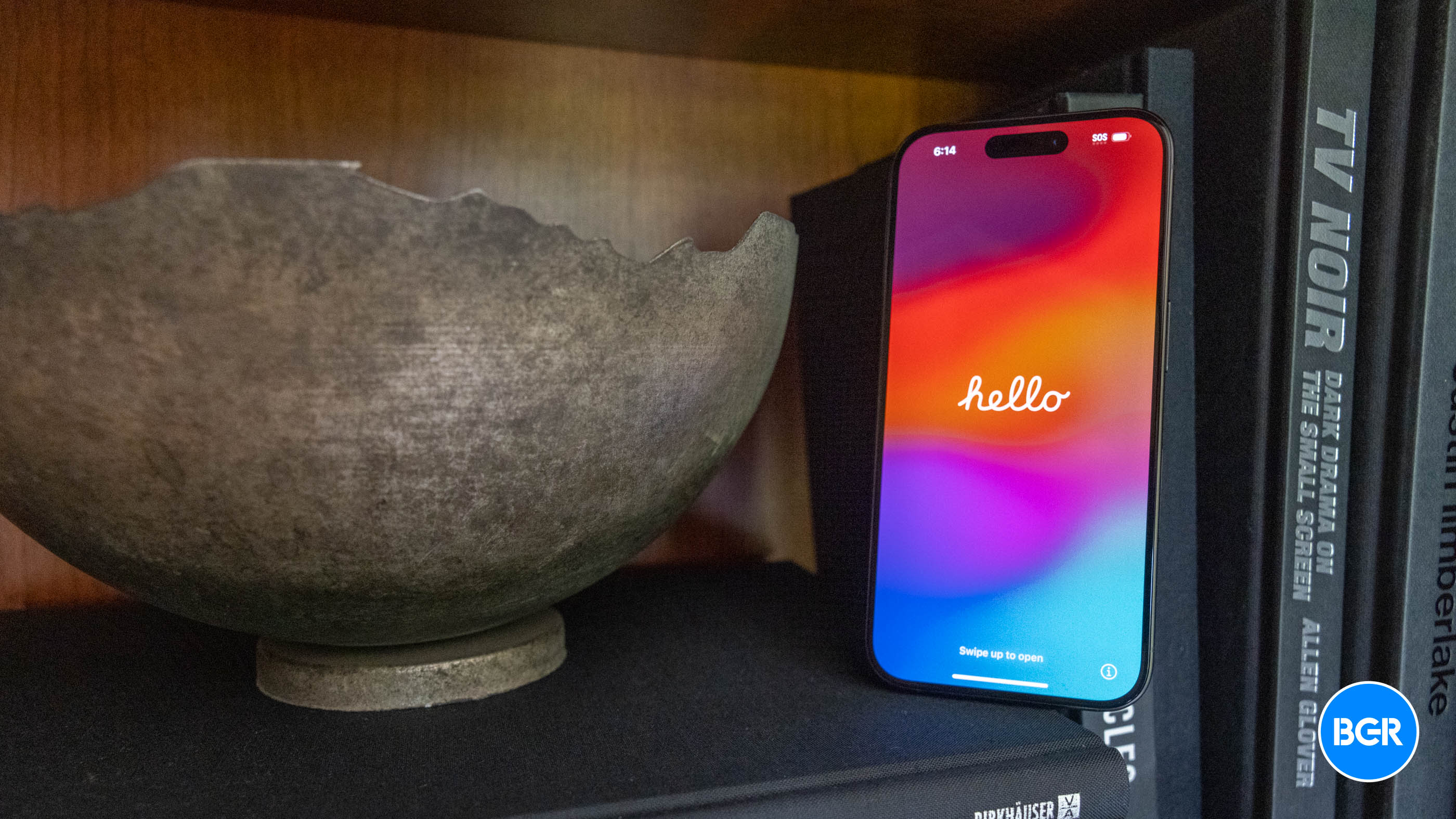As Russia’s horrifying invasion of Ukraine continues to unfold, Oksana Markarova, Ukraine’s ambassador to the U.S., has alleged that Russia used a vacuum bomb. According to reports, the attack was aimed at a Ukrainian army base in Okhtyrka and 70 soldiers were killed in the blast.
The use of a vacuum bomb has yet to be independently confirmed. But on Feb. 26, 2022, CNN reported that members of its team had spotted Russian military vehicles fitted with thermobaric rocket launchers near the Ukrainian border.
Vacuum bombs, or thermobaric weapons, work in two stages. Stage one releases a large cloud of combustible material, usually fuel or small metal particles such as aluminium. Stage two triggers an explosion that ignites this material to create a massive fireball and a shock wave. The effect is similar to what’s caused in accidental dust explosions in coal mines or flour mills, where the flammable particles become so dispersed, they catch fire and generate huge blasts.
Thermobaric weapons are also called vacuum bombs because the explosion sucks up all the oxygen around the device. This process leaves victims close to the explosion unable to breathe, killing them by asphyxiation. Besides suffocation, the pressure from the explosion can essentially crush a person to death and cause major internal damage to the body’s organs, such as rupturing the lungs.
The effects of thermobaric weapons are much more intense and destructive than a more conventional bomb. The explosion lasts longer and happens at a much higher temperature. As a result, these weapons can devastate vast areas of land, destroy buildings and can even vaporize a human body from the extreme heat. The materials used are also often highly toxic and can be as dangerous as chemical weapons.
Thermobaric weapons are not seen as very effective against heavily armored targets, so we wouldn’t expect them to be used on targets such as tanks. They are suited to taking out infrastructure, troops and civilians.
Russia’s use of thermobaric weapons raises serious legal concerns. Markarova has said that the alleged attack would violate the terms of the Geneva Conventions. Meanwhile, White House press secretary Jen Psaki has noted that if the allegations are true — as well as allegations Russia used cluster bombs, another controversial weapon — this would potentially be considered an international war crime.
This wouldn’t be the first time Russia has employed these devices. Human Rights Watch condemned Russia for using vacuum bombs in Chechnya in 1999, noting that these weapons “kill and injure in a particularly brutal manner.” In 2007, Russia tested the largest ever thermobaric weapon, dubbing it the “father of all bombs.” Russia has also reportedly used these weapons in Syria.
Other countries have also used these weapons. For example, the U.S. employed thermobaric devices, not only in the Gulf War, but also in Vietnam and against al-Qaida in Afghanistan.
Given Russia’s history of using thermobaric weapons, it would not be surprising if they are found to have been employed in this case. But the move would signal a worrying intensification of the conflict. Russia may be trying to speed up its invasion of Ukraine by using more destructive weapons rather than more conventional bombs.
Michelle Bentley is a reader in international relations and director of the Royal Holloway Centre for international security at Royal Holloway University of London. She receives funding from the Leverhulme Trust.
This article is republished from The Conversation under a Creative Commons license. You can find the original article here.
Note: This article have been indexed to our site. We do not claim legitimacy, ownership or copyright of any of the content above. To see the article at original source Click Here











:max_bytes(150000):strip_icc()/the-boy-is-holding-green-peas-in-his-hands--1413273046-ad1cba3f99684f52a1a8c0bc444093f4.jpg)
